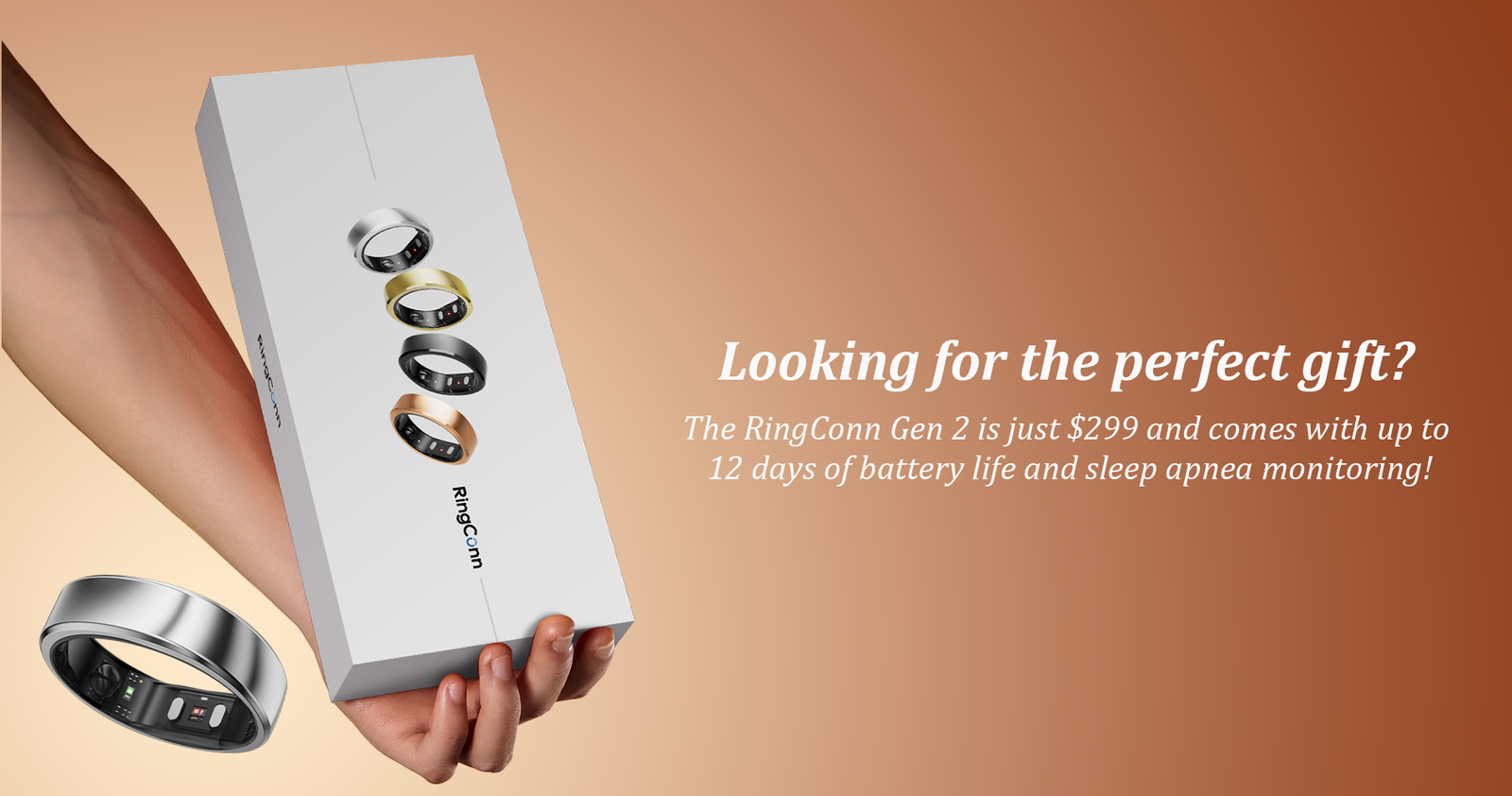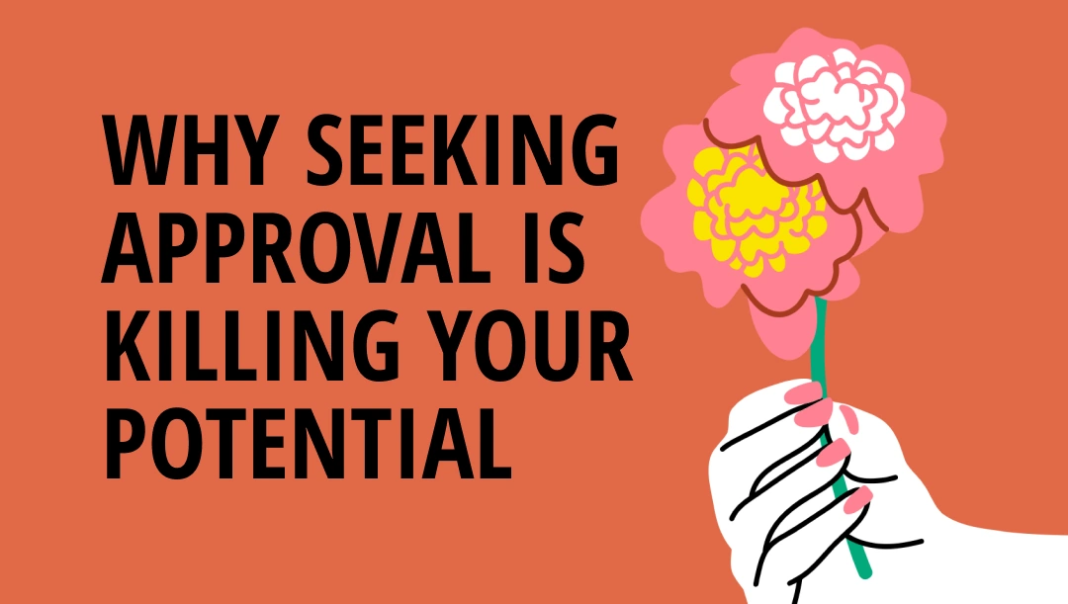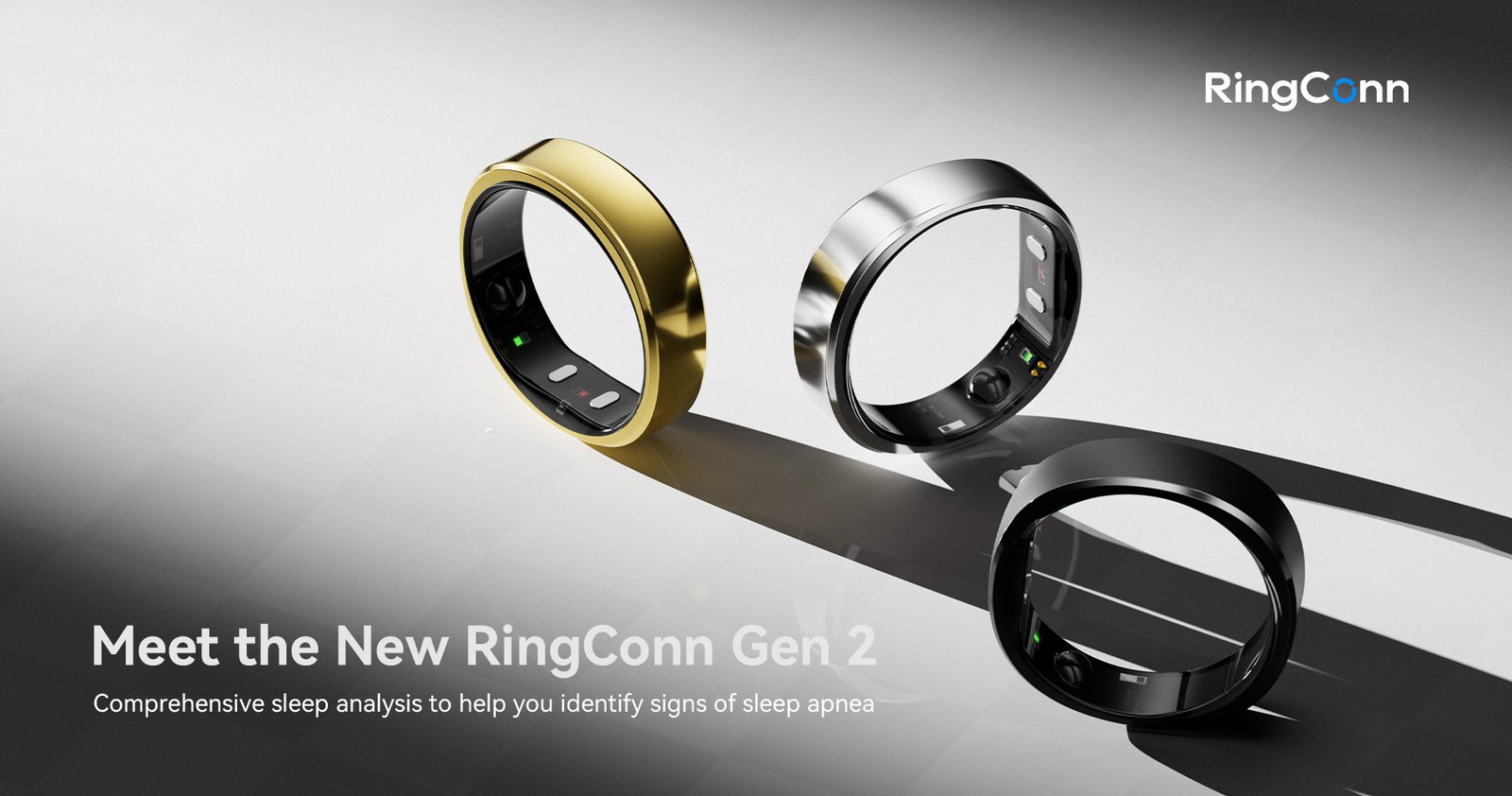There’s a familiar, almost addictive thrill in receiving praise. A “like” on social media sparks instant gratification. A compliment from your boss lifts your spirits. On the flip side, even mild criticism can send you spiraling into self-doubt. Sound familiar? You’re not alone.
From an early age, most of us are trained to seek approval—from parents, teachers, peers, and eventually, colleagues and managers. But while external validation might offer short-term comfort, it comes at a heavy price: the loss of your autonomy, creativity, and ultimately, your potential.
The Psychological Toll of Approval-Seeking
Research consistently shows that when we hinge our self-worth on others’ opinions, we enter a dangerous psychological trap. One study found that individuals with a high need for approval tie their self-esteem directly to how they believe others perceive them. This means their confidence fluctuates wildly based on external feedback—feedback that is often subjective, inconsistent, and entirely beyond their control.
This kind of dependency creates emotional volatility. You feel elated when praised, but crushed when criticized or ignored. Over time, this fragile self-esteem erodes your resilience, fosters anxiety, and limits your willingness to take risks—the very risks often required for personal and professional growth.
What Artists Can Teach Us About Inner Confidence
Artists, in many ways, offer a powerful counter-narrative to the approval trap. Their journey is often littered with rejection, skepticism, and discouragement. Yet, the most celebrated artists are those who persist in spite of, or even because of, external resistance.
Take Igor Stravinsky, for example. In the early 20th century, his innovative compositions provoked outrage, even riots, among conservative French audiences who weren’t ready for his revolutionary sound. Yet today, Stravinsky is celebrated as one of the greatest composers of his time, precisely because he remained true to his artistic vision.
Consider also the case of Frida Kahlo. Her deeply personal and sometimes painful portrayals of identity, suffering, and womanhood were initially dismissed as too narrow or overshadowed by her husband Diego Rivera’s fame. Yet over time, Kahlo’s authenticity and unique voice have earned her a lasting legacy that now far eclipses Rivera’s.
The lesson here is clear: unwavering belief in your own path, even in the face of disapproval, often leads to the most meaningful and impactful work. And this lesson applies far beyond the world of art—it’s relevant to anyone striving for personal fulfillment and professional success.
Why External Validation Fails You
Relying on approval isn’t just unreliable—it actively undermines your mental health and performance. According to self-determination theory, developed by psychologists Richard Ryan and Edward Deci, humans thrive when they experience autonomy, relatedness, and competence. External validation disrupts this balance by making competence dependent on the unpredictable whims of others.
Brad Stulberg, co-author of The Passion Paradox, further distinguishes between two forms of passion: harmonious and obsessive. Harmonious passion arises from intrinsic enjoyment—we do something because we love it. Obsessive passion, on the other hand, is driven by a craving for recognition and approval. The latter creates what Stulberg calls a “volatile and fragile sense of self,” since it ties self-worth to outcomes we don’t fully control.
Take Sarah, a marketing professional, as an example. After submitting a campaign proposal, she found herself compulsively checking her inbox, desperate for client feedback. Her emotional state swung wildly between exhilaration and despair depending on the response. This cycle, fueled by external validation, only increased her anxiety and eroded her confidence.
Instead of being trapped like Sarah, we can follow the path of those like Kahlo—who created for herself, not her critics.
Five Practical Ways to Build Self-Validation
The good news is that self-validation is a skill you can cultivate. Here are five actionable strategies to help you shift from external dependency to internal confidence:
1. Define Your Core Values
Knowing what truly matters to you provides a stable foundation that isn’t easily shaken by others’ opinions. When your values guide your decisions, you become less susceptible to external pressures.
Try this: Write down three personal values—such as creativity, integrity, or growth. Before making important decisions, ask yourself: “Is this aligned with my values, or am I simply chasing approval?”
2. Recognize Your Validation Triggers
Awareness is the first step toward change. By identifying situations that spark your need for approval, you can start to break the habit.
Try this: Keep a “validation journal” for one week. Each time you feel the urge to seek approval, jot down what triggered it, what emotions you felt, and what you were truly seeking (reassurance, recognition, certainty, etc.). Patterns will emerge that reveal your personal validation loops.
3. Celebrate Your Small Wins
Self-validation grows when you learn to acknowledge your own efforts and successes, no matter how small.
Try this: Create a “win jar.” Each day, write down one accomplishment—whether it’s speaking up in a meeting or sticking to your morning routine. Review these regularly to remind yourself of your progress and capability.
4. Pursue Interests for Their Own Sake
When you engage in activities purely for your own enjoyment, you disconnect from the need for external validation and reconnect with your intrinsic motivation.
Try this: Set aside 30 minutes this week for a “curiosity experiment.” Explore something that excites you, with no intention of sharing it or seeking approval from anyone else. Notice the freedom and satisfaction that comes from doing something solely because it interests you.
5. Focus on Effort, Not Outcome
When you tie your worth to outcomes—likes, awards, or praise—you set yourself up for disappointment. Instead, focus on the process and the effort you put in.
Try this: For your next project, set process-based goals like “dedicate 45 minutes of focused work daily,” rather than outcome-based ones like “gain 500 followers.” Research shows that focusing on the process not only reduces anxiety but also improves performance and long-term satisfaction.
Free Yourself from the Validation Trap
External validation is fleeting and unreliable. The more you chase it, the more it controls you. But when you anchor your confidence in self-validation, you gain a steady, unshakable foundation. You reclaim the freedom to pursue your goals on your own terms, guided by your values and passions rather than others’ approval.
Which strategy will you start with? Begin today—not to impress anyone else, but for the quiet confidence that comes from living authentically.





